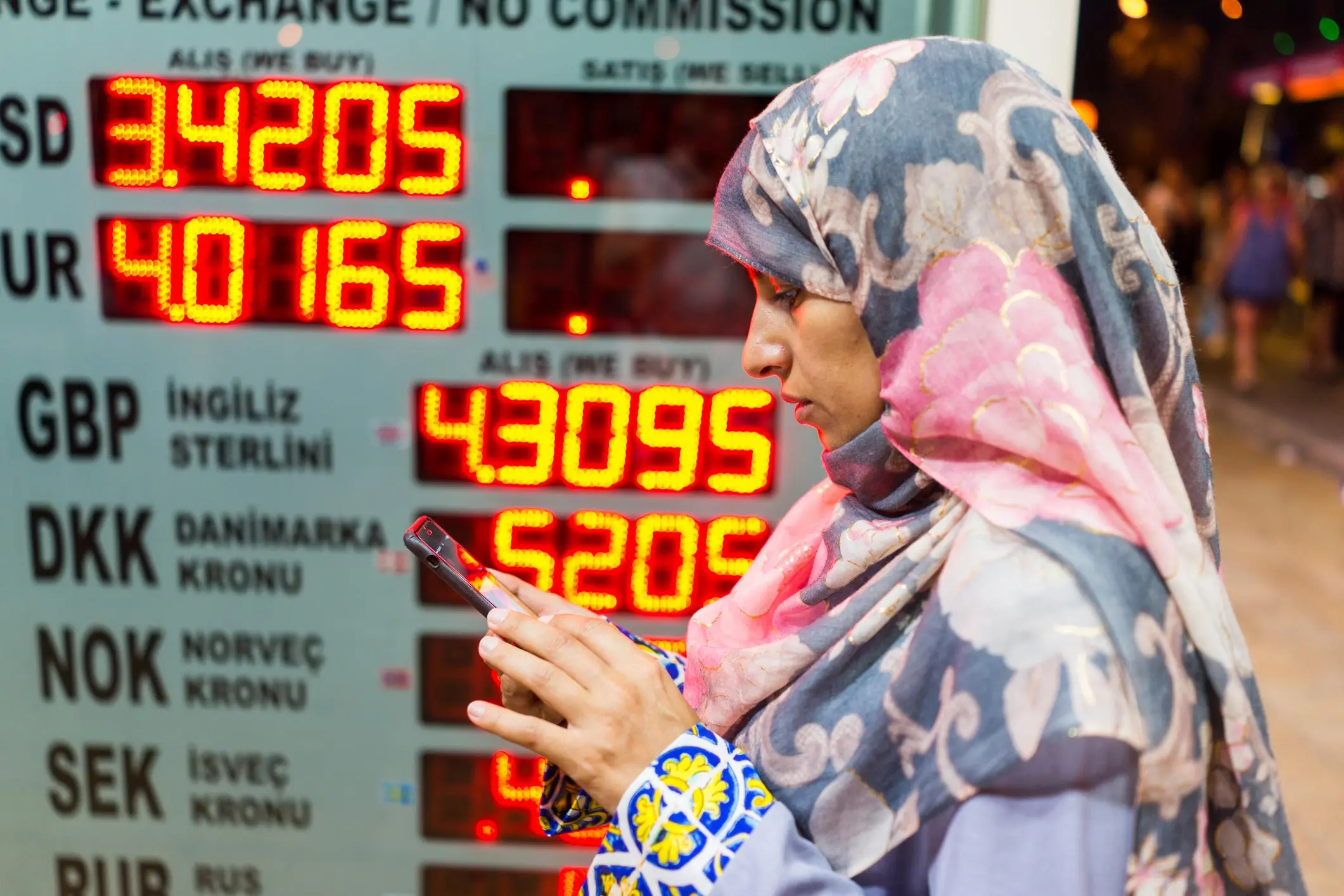PHOTO
An industry body for Islamic banks has warned of uneven impact from a decline in correspondent banking, reinforcing concerns that small lenders in developing economies will be most affected from "de-risking" by international lenders.
The Bahrain-based General Council for Islamic Banks and Financial Institutions (CIBAFI) raised the issue in a letter to the Financial Stability Board, which coordinates financial regulation for the Group of 20 countries (G20).
Last month, the FSB said the decline in correspondent banking remains a source of concern with potentially adverse consequences for global trade, financial inclusion and financial stability.
In correspondent banking, a global bank with no branch or network in a given country will typically channel payments there through a local bank that acts on its behalf.
Heightened money laundering enforcement has pushed global banks to cut those relationships in some regions, a policy known as "de-risking".
Islamic banks in Africa and South Asia were among those most severely affected, with banks in the Gulf and Europe relatively unscathed, CIBAFI said in the letter seen by Reuters.
Global banks have been ending correspondent relationships in response to consolidation, low profits and concerns over tougher rules aimed at preventing money laundering and financing illicit activity.
"Correspondent banking is an issue of particular importance to our members, few of whom have a global reach and most of whom are in emerging or developing markets," said CIBAFI Secretary General Abdelilah Belatik.
"Because of the countries in which they are based, some have suffered particularly from de-risking by international banks."
A recent CIBAFI survey of 103 Islamic banks found around a third of respondents experienced a significant decline in correspondent banking, with a further fifth of respondents citing some decline.
The impact has been uneven across geographies: In North Africa, two-thirds of Islamic banks indicated a significant decline in correspondent banking, while most Islamic banks in the Gulf region experienced no significant change.
Products most affected included trade finance and international wire transfers, with Islamic banks in Southeast Asia indicating cash management services were the most affected.
CIBAFI said the data suggested the practical impact of de-risking might be confined to certain regions and lenders, but it had been severe enough to raise wider concerns, without elaborating.
(Reporting by Bernardo Vizcaino; Editing by Eric Meijer) ((Bernardo.Vizcaino@thomsonreuters.com; Telf: +61293218168; Reuters Messaging: bernardo.vizcaino.thomsonreuters.com@reuters.net))





















